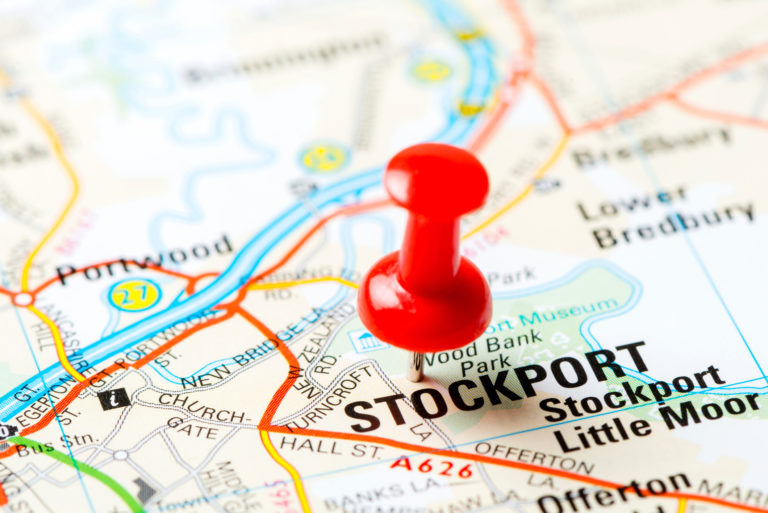According to City Council leader Sir Richard Leese, it’s Manchester’s tech sector fuelling demand for office space as the city becomes the UK’s tech capital outside of London.
Evidence suggests that it’s the small and medium–sized companies, as well as the bigger companies like Booking.com, Amazon and WeWork that are changing the face of the commercial property market in Manchester, as they seek innovative, flexible working space.
Sir Leese said: “I think the biggest taker for space for at least three years now has been the tech sector, and the property market is no longer being solely driven by major corporates in their requirements for new space”.
Tech companies want more than an office
Today’s businesses are demanding more than just office space; they want local amenities and features that will foster creativity and innovation and enhance the working life of their employees. The announcement by Hewlett Packard Enterprise (HPE) to move to No.1 Circle Square in summer 2020, is a prime example.
Marc Waters UK boss at the tech giant described Circle Square as “an incredible location”, offering the company “an innovative work space and vibrant environment which will help us foster a collaborative community of leaders in technology”. He also highlighted the landscaped areas and pop-up stores as having a key role to play in “creating a great community to make it a great place to work for our employees”.
Work is currently underway on Redfern, a Grade II listed former warehouse and office block that will offer over 50,000 sq ft of Grade A contemporary office space. Redfern will mix modern offices with retail and leisure space (including a rooftop terrace) to appeal specifically to tech workers and creatives.
North’s budding tech scene will continue to drive demand
Manchester is fast becoming a go-to destination for companies who want to be at the heart of the North’s budding tech scene. Real estate advisors Colliers International say that almost 40% of new enquiries for office space is coming from the technology sector alone, and with an excess of 63,000 tech jobs in Manchester (almost the combined total of Liverpool, Leeds and Sheffield), it doesn’t look like demand is going to wane any time soon.









